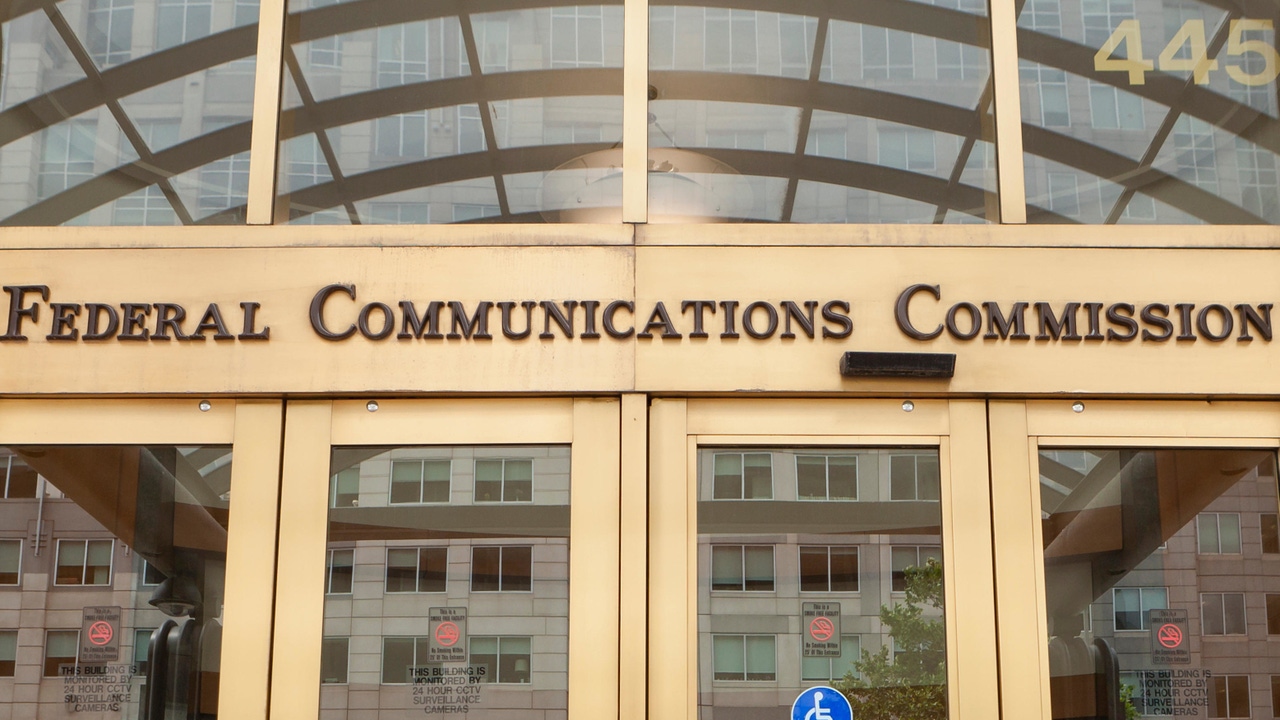Free speech advocate Carr to be next FCC ChairFree speech advocate Carr to be next FCC Chair
President-elect Trump has already selected his next chief communications regulator – current FCC Commissioner Brendan Carr.
November 18, 2024

Since most senior US public sector positions are political appointees, their leadership strategy is often characterised by broader political themes and they tend to be reflexively opposed by the other team. Someone has to pick them, however, and it may as well be the President, but there’s a reason why ‘bipartisan’ is a commonly used and rarely successfully implemented part of US political vernacular.
Carr was first appointed to the FCC under Trump’s previous presidency and definitely seems towards the ‘right’ in many of his positions. While left and right are ill-defined and unsatisfactory descriptors, in the case of regulation they are usually used to designate how comprehensive, as opposed to light-touch, a given policy or opinion is. Thus the FCC should in effect regulate less with Carr in charge and with Republican appointees outnumbering Democrat ones for the next four years.
But the signature position Carr seems to be associated with is a bit more complicated than that. “Commissioner Carr is a warrior for Free Speech, and has fought against the regulatory Lawfare that has stifled Americans’ Freedoms, and held back our economy,” wrote Trump’s announcement, reminding us of his fondness for capital letters.
Perhaps in anticipation of that announcement, Carr wrote a letter to the CEOs of Alphabet, Apple, Meta and Microsoft last week, accusing them of participating in a ‘censorship cartel’. Unsurprisingly, Carr cites the coordinated suppression of the Hunter Biden laptop story ahead of the 2020 US general election, which has reasonably been characterised as election interference, as evidence of this cartel. He would probably have mentioned GARM too, had it not already thrown in the towel, but Carr focused his main grievance on an organisation called NewsGuard, which was apparently brought to his attention by the Twitter Files.
NewsGuard describes itself as the ‘Global Leader in Information Reliability’. In so doing it ‘combines human expertise and technology to provide data, analysis and journalism that helps enterprises and consumers identify reliable information online.’ These are obviously very subjective concepts, which leave the organisation open to accusations of bias. But it’s the fact that NewsGuard then shares those findings with advertisers, browsers, app stores, and social media companies that introduces a market manipulating aspect to its activities, which is what seems most to have provoked Carr’s ire.
Carr asked the four companies for a comprehensive account of their work with NewsGuard. In giving them a deadline of 10 December 2024 to comply with his request, he insisted this was in the name of helping to ‘ensure that a true diversity of viewpoints can flourish in this country as envisioned by the First Amendment'. It seems fair to assume that X, which is owned by Trump ally Elon Musk, doesn't use NewsGuard.
As ever with any attempted regulatory intervention, it will only be as effective as the proposed consequences of non-compliance. Carr makes it clear that his main threat focuses on the protections conferred by a US law called Section 230. This is essential to the function of internet platforms that host third-party content as it says the platforms are not legally liable for that content. If it was removed, all social media, including video sites like YouTube, would be unable to operate.
So that’s a pretty significant threat. Carr asserts that Section 230 protection only applies if the platform operates ‘in good faith’. That’s obviously a subjective concept too, but it seems he thinks the evidence offered by their partnership with NewsGuard will constitute proof of bad faith. We have long agued that Section 230 protection should be conditional on platforms only censoring as far as dictated by law and no further. Hopefully that’s where Carr is headed with this initiative.
Inevitably, broader response to this has been polarised. Those nominally of the left characterise it as an attack on content moderation, while those aggrieved at perceived censorship are applauding it. Content moderation surely does need to be protected to some extent and that might be the trickiest topic for Carr to tackle. Perhaps forced transparency around content moderation policies is the best answer.
About the Author
You May Also Like










.png?width=300&auto=webp&quality=80&disable=upscale)


_1.jpg?width=300&auto=webp&quality=80&disable=upscale)